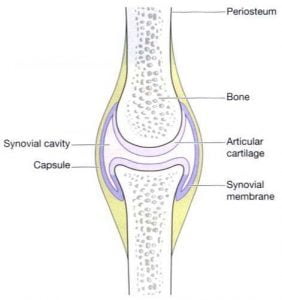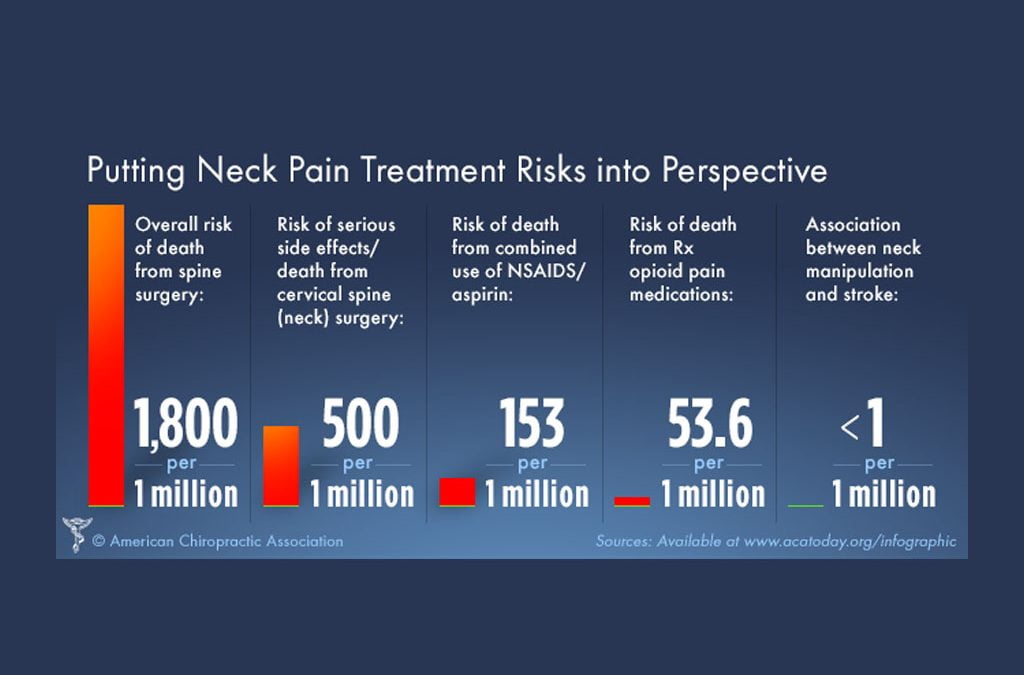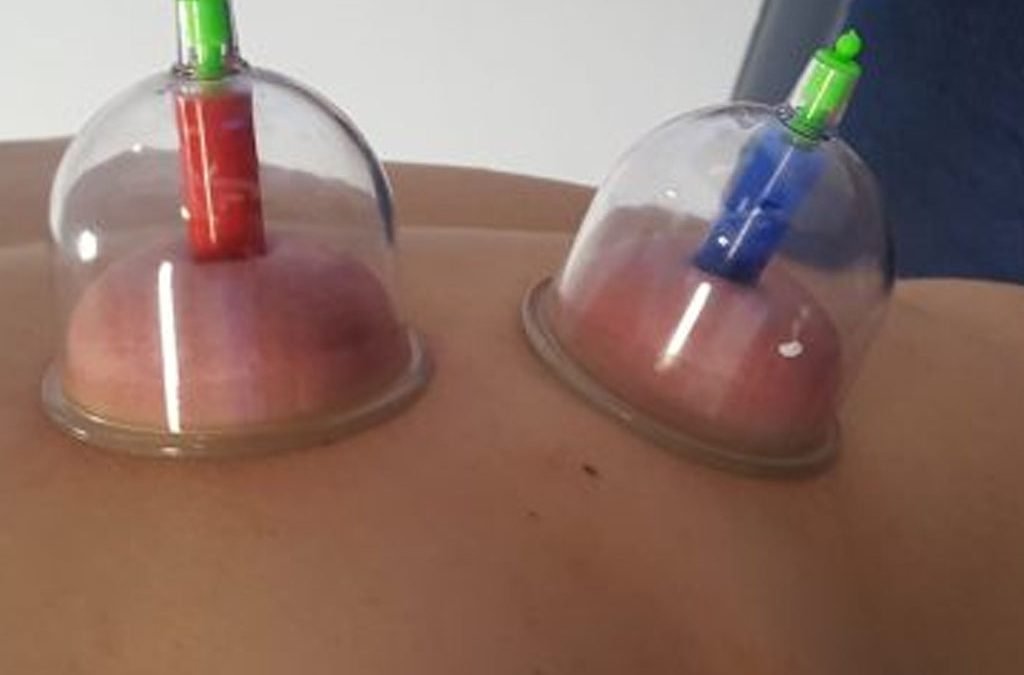Before I start this article I just want to clarify that the type of joint we are talking about popping is not the illegal substance kind but rather the synovial joints of the body. These are the joints which allow for movement in the body, like the joints at your knees, shoulders, fingers and spine. Pain in these joints is often associated with arthritis.
Everyone knows how good it feels to crack your knuckles but my bet is that every time you do it there is the question in the back of your mind asking “will I give myself arthritis if I keep doing this?” Since the feeling of relief significantly outweighs the prospect of getting arthritis I quickly shut down this process of thought and just relish in the cracking noise it makes. However, today I have decided to clear some things up for you. We are going to put it to the test and decide if cracking your knuckles will give you arthritis.

What is happening?
First let’s talk about what is happening when we make our joints pop. That familiar cracking sound which we hear when we bend our knees or crack our fingers is due to this thing called cavitation. This is when the joint capsule, which surrounds one of our moving joints (synovial joint), fills with fluid. When there is a change in pressure, which can be produced through bending the joint, the combination of the synovial fluid in the joint and natural gases within this fluid being released creates the popping noise that we all love to hear. Well some of us love hearing it, others are significantly creeped out. It takes roughly around 20 minutes for this process to happen again which is why we can’t crack our knuckles continuously.
Why does it feel so good?
When you pop a joint, and just clarifying again, no we are not talking about taking illegal substances, the joint capsule is stretched. This allows the surrounding muscles to relax. Normally the urge to crack our back or fingers is not random, but due to these areas feeling tight or stiff. Joints which you can crack regularly are often indicators of areas which are exceptionally tight and may require you to do some stretching to help loosen it.
Alternatively, there is a theory that says when you crack a knuckle your body naturally releases pain killers called endogenous opiates. This painkiller is known to be quite addictive which is why some people crack their knuckles more than others. Who would have guessed that popping a joint could become addictive?
If you experience pain when you crack your knuckles…
There are some noises and feelings which you should avoid if you can. If your joint is clicking over and over again then it can be an indication that the connective tissue around the joint is not sitting in its proper alignment and might be damaged. Or it might be due to a nerve slipping in and out of its normal groove. This is something which is not immediately dangerous and you shouldn’t be too concerned, and with the help of some stretches then the problem can be easily fixed. Noisy rips/tears can be a bit more alarming if it is coupled with pain and swelling. More often than not it is just scar tissue tearing, which believe me can be quite painful, however if the pain persists you should give us a call ASAP so we can sort out how to fix the problem.
What’s the verdict?
The amount of evidence that supports that cracking your knuckles gives you arthritis is very limited however there is the theory that forcefully cracking your knuckles can lead to increased impairment and inflammation. As mentioned above the popping noises that you hear aren’t bad for you however if you continue to overstretch a joint then you may cause damage. The feeling that you need to crack a joint is due to muscle tightness in the surrounding muscles so implementing stretches to improve the mobility of these areas will also reduce the need to crack them, thus reducing the chances of overstretching the joint.




